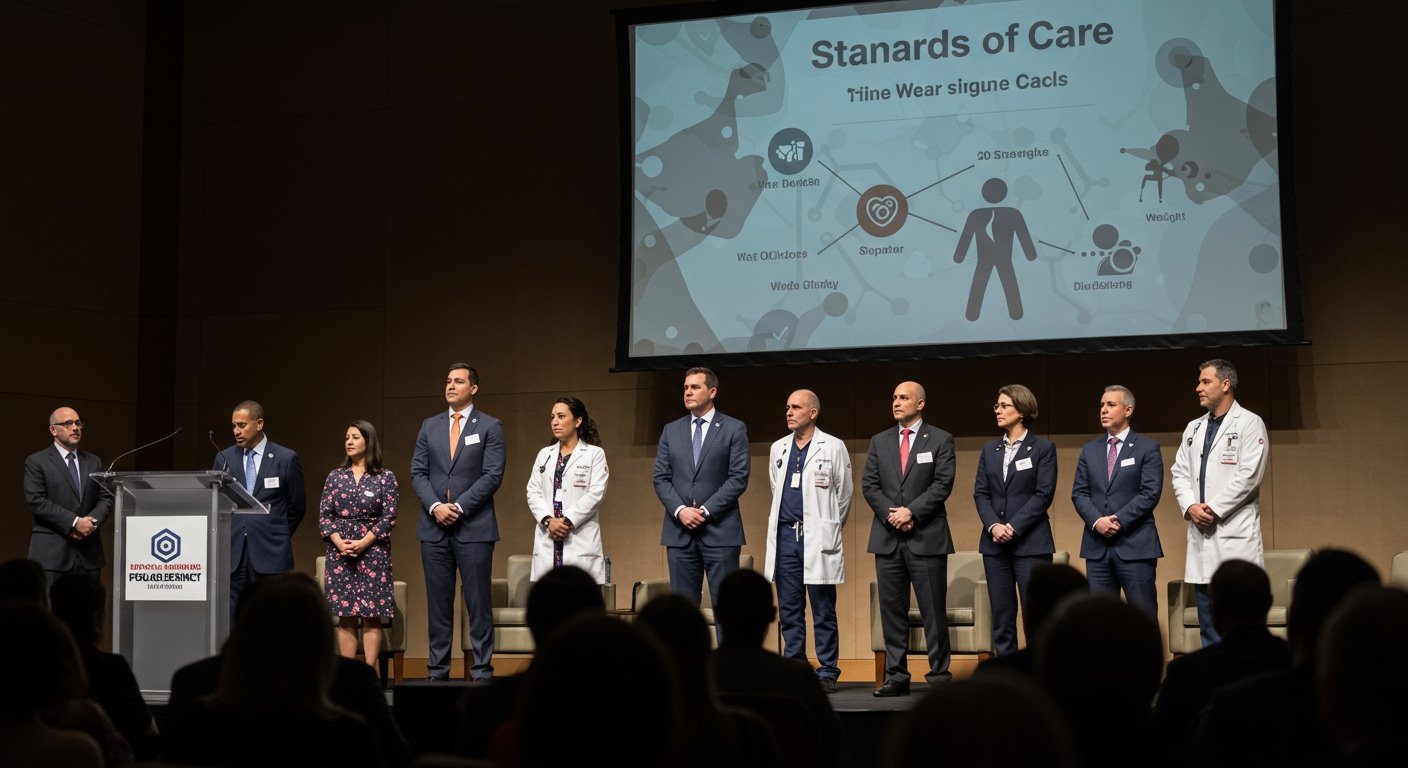Washington D.C. — The United States Department of Education announced on March 14, 2025, the initiation of new federal investigations into more than 50 colleges across the nation. These probes are centered on allegations of racial discrimination within these institutions.
The move is explicitly characterized by the administration as a component of President Trump’s campaign to end diversity, equity, and inclusion (DEI) efforts nationwide. This broad action signals a significant escalation in the administration’s challenge to policies and practices commonly employed by universities to promote campus diversity and address historical inequities.
The institutions now facing federal scrutiny represent a wide spectrum of American higher education. The list of those under investigation includes prominent public universities such as Ohio State, Rutgers, and Arizona State. The investigations also extend to prestigious private institutions, including Yale, Duke, and MIT.
Federal Scrutiny Escalates
The investigations, formally announced by the Department of Education on March 14, 2025, underscore the administration’s intensified focus on institutional practices related to race. The specific allegations underpinning each of the more than 50 individual investigations were not immediately detailed in full, but the overarching theme cited is alleged racial discrimination. This suggests the probes will delve into how race is considered, if at all, in various aspects of campus life and administration.
Part of a Broader Campaign
Administration officials have openly described this wave of investigations as integral to President Trump’s stated objective to dismantle DEI initiatives across the country. DEI efforts, which have expanded significantly in recent decades, aim to increase representation of underrepresented groups, create inclusive environments, and address systemic barriers within educational and professional settings. The administration’s stance frames many of these efforts as potentially discriminatory or promoting division, leading to this targeted enforcement action.
Institutions Under the Microscope
The diverse group of over 50 colleges facing investigation highlights the sweeping nature of the administration’s action. Including flagship public universities like Ohio State, Rutgers, and Arizona State indicates that state-funded institutions, serving large student populations, are significant targets. Simultaneously, the inclusion of highly selective private universities such as Yale, Duke, and MIT demonstrates that elite institutions known for their extensive resources and prominent DEI programs are also squarely in the administration’s sights.
Precedent and Prior Warning
This significant announcement on March 14, 2025, follows a clear precedent set by the administration just one month prior. In an administration memo issued around February 14, 2025, schools were formally warned about the potential repercussions of considering race in specific areas.
That memo explicitly stated that institutions could face the severe consequence of losing federal funding if they were found to consider race in crucial aspects of student life, specifically mentioning admissions, scholarships, or any other aspect of student life. The current investigations appear to be the operationalization of this warning, initiating formal probes to determine whether colleges are adhering to the administration’s interpretation of non-discrimination principles, particularly concerning the consideration of race.
The threat of losing federal funding is a powerful tool, as universities rely heavily on these funds for research grants, student financial aid programs, and overall operational budgets. The initiation of over 50 investigations simultaneously suggests a coordinated effort to enforce the policy outlined in the prior month’s memo and pressure institutions to alter their approaches to diversity, equity, and inclusion.
This action marks a significant development in the ongoing national debate over the role of race and diversity initiatives in higher education, signaling a direct challenge from the federal government to common practices at a wide range of institutions.













